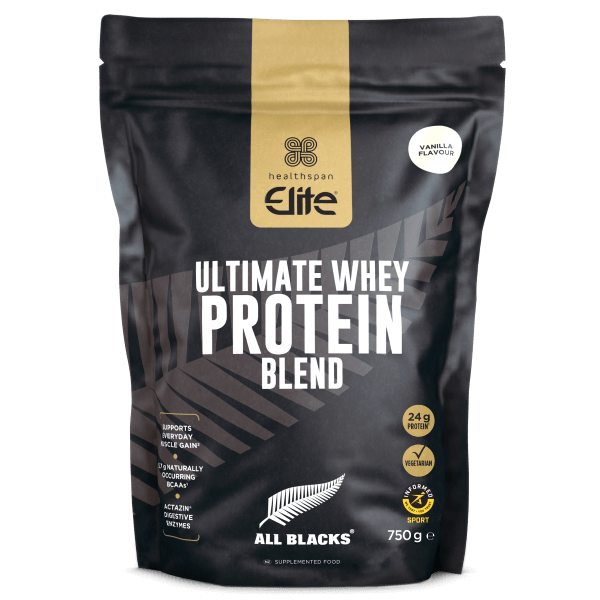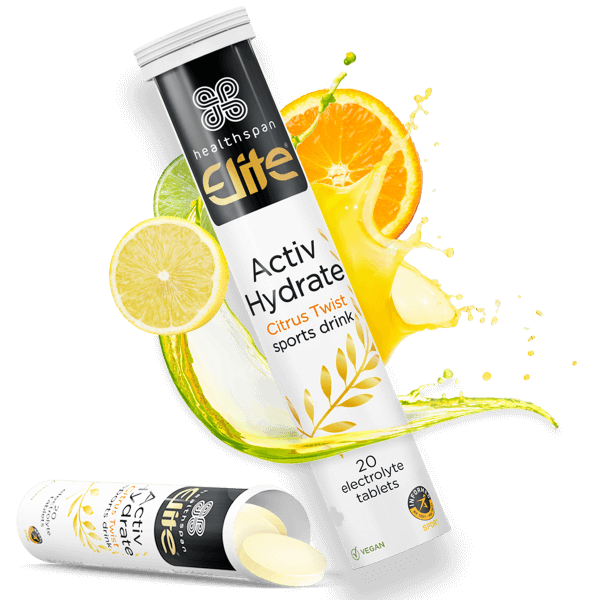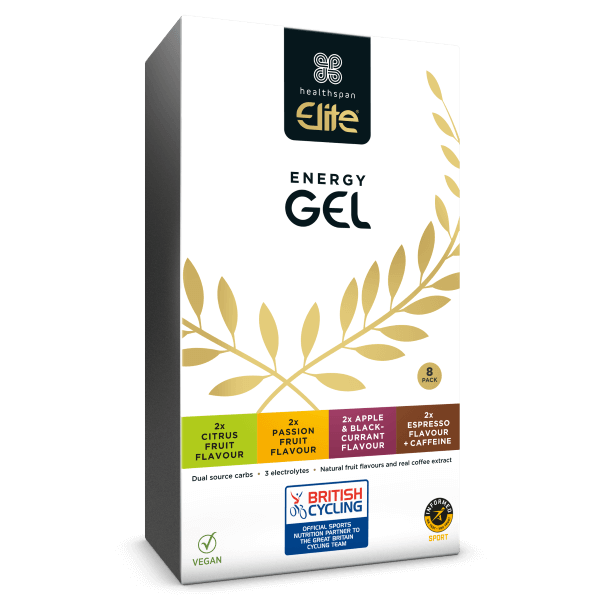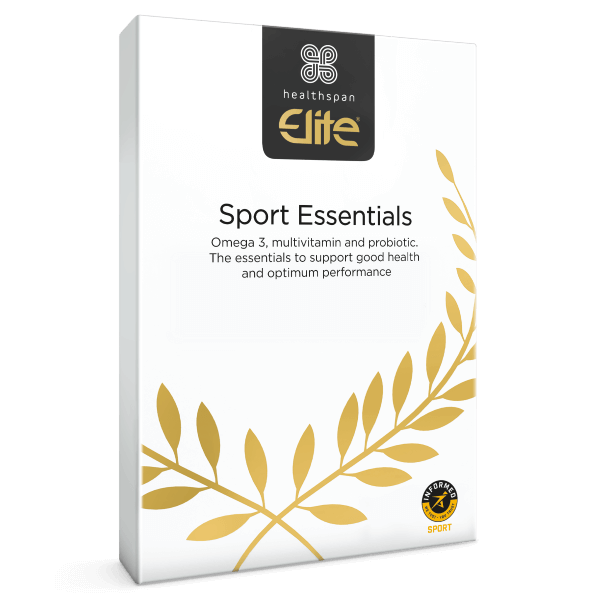The key aims of Nottingham Forest Nutritionist Panos-Vasileios Markakis and Head of Sports Science Thomas Barnden are to prepare the players for optimal training and match performance, to optimise recovery and to educate about lifestyle away from the training ground.
Diet affects performance, and the foods that our players choose to consume around training and match day will affect how they train and perform. We are aware that each player needs individual nutritional targets and support, and their lifestyle and dietary strategies can help achieve these.
This article aims to provide information on match day vs training nutritional strategies used at Nottingham Forest FC (NFFC), as well as the Dos and Don'ts of training and match day nutrition.
Player nutrition basics
It is important to understand that at NFFC our approach for all players starts with good basic dietary habits. A well-balanced diet consisting of high-quality sources of the three macronutrients – carbohydrates, protein and healthy fats – as well as a varied source of micronutrients is essential. Once this is established, we can then progress into other areas of performance support on a case-by-case basis.
One of the main focus areas of our nutrition support is to ensure that players tailor their dietary intake in line with their training schedule. We recognise the three main food groups and how these can be manipulated to help individual players meet their training and match targets.
How macronutrients are used
Carbohydrates
The cornerstone of dietary intake for intense sessions and especially matches are carbohydrates. Carbohydrates provide the fuel to compete, especially during heavy match schedules and intense sessions. Carbohydrates, such as potatoes, rice, pasta, cereals, pulses and lentils are good examples of food sources for training and match days.
We encourage players to increase their food intake of carbohydrates steadily two days out from a match, and more importantly the day after the match, especially if there is a short recovery period.
A general target of 3-8g per day per kg of bodyweight is recommended, although the targets are specific for each player and depend on training/match requirements. For example, a player that is playing regularly during a dense fixture period would require a higher amount of carbohydrate, i.e. close to 8g/day/kg, in order to fuel and recover optimally.

Elite All Blacks Ultimate Whey Protein Blend
Protein powder co-created with the All Blacks
- 24g protein per serving to support muscle growth
- Added protease to break down protein for better absorption
- Available in vanilla, strawberry and chocolate. Low in sugar
Protein
Protein is another essential macronutrient for growth and repair, providing the 'bricks' for rebuilding the muscles after training and competition. Examples of foods that we include on the players' menu at the training ground include lean meats such as beef, chicken and turkey, as well as eggs, fish, and some low-fat dairy products, especially low-fat Greek yoghurt.
In addition, we include plant protein sources such as pulses and tofu to cater for all individual needs. We encourage players to consume 1.6-2.2g/kg per day and 0.3-0.4 g/meal, in line with their targets.
Fats
The remaining macronutrient vital to optimise performance are 'healthy' fats, such as oily fish, nuts and seeds, and olive oil. These healthy fats can provide good energy, support repair and recovery, protect vital organs, and assist with inflammation and hormone production. Healthy fats should be eaten with every meal.
We provide a wide selection of healthy fats at the training ground restaurant to support the players' needs. Furthermore, we advise players to limit poor choices of non-essential fats such as biscuits, cakes, fatty meats, cheeses and cream away from the training ground.
Hydration is essential
Hydration before, after and during training or matches is another key area. Hydration is crucial to promote wellbeing and keep physical and mental performance (concentration, reaction time and coordination). We know that a dehydrated player has a greater risk of injury and sensation of fatigue, especially in hot weather.
As a strategy at Nottingham Forest, we use urine analysis (osmocheck) to measure individual player hydration levels. This allows us to individualise players' hydration strategies prior to training and matches.
We use Elite Activ Hydrate tablets to ensure the players are provided with adequate electrolytes that have been lost during training and matches.
Training day nutrition
Timings and periodisation of meals are very important. Players are advised to consume a carbohydrate-rich breakfast such as porridge, cereal or bread between 1.5-2 hours before training in order to provide their body with quality fuel, especially for intense pitch or gym-based sessions.
All players will drink an individual recovery shake within the first 30 minutes after training or matches. Following their recovery shakes all players will eat at the restaurant at the training ground directly after training, where a variety of high-quality options are provided.
Matches provide a different challenge, but nutrition to recover is highly important. Our aim is to start the individual recovery process as quickly as possible after the match. After home matches the players are given takeaway options including a selection of hot/cold wraps, lean meats, salads and fruit bowls.
After away matches we are fortunate to travel with our chef, as well as our nutritionist Panos Markakis, who prepares hot food for the players on the team coach and to support their individual needs.
Skipping meals, eating less or leaving a big gap in between meals during intense training weeks or intense match schedules should be discouraged. A player's body requires carbohydrates and proteins constantly to promote muscle recovery and replenish depleted glycogen stores when under heavy training schedules.
Snacks are recommended to support the player's diet, but these must be high-quality sources of energy. Avoiding poor choices when snacking is important.
Examples of good choices include nuts, fruit, low-fat Greek yoghurt with fruit or a protein smoothie. In addition, we use a little and often approach; having small meals frequently is an approach used to overcome digestive problems and bloating often experienced by players.

Elite Activ Hydrate
Delicious fruit-flavoured electrolyte drink to replenish minerals lost during exercise
- Replenishes the essential electrolytes sodium, calcium, magnesium and potassium
- Contains 300mg sodium
- Informed Sport-accredited
Match day nutrition
One of the biggest challenges in the lead-up to a match is balancing the needs of every player. Players are exposed to significantly different amounts of training and match minutes week to week, as well as fluctuations throughout the season. This being the case, it is important that the players tailor their intake to match their physical demands.
When it comes to preparation for matches, we advise players to increase their general intake building towards the match. Nutritional requirements (specifically carbohydrate) for matches and training should change daily based on demands and individual training goals.
By match day, a player's muscle glycogen stores should be fully replenished. Players are encouraged to have a high-quality carbohydrate- and protein-rich meal 3-4 hours before kick-off. This allows time for food to be digested, and energy available to be released for the subsequent match. It must also be recognised that the meal the night prior to the match is equally important, and again this should be carbohydrate-rich to promote carbohydrate availability.
Match day supplements that provide quick-release energy are also included in our players' support plan, such as carbohydrate glucose gels/bars. This helps increase carbohydrate availability during matches and promotes optimal physical performance.
We know that carbohydrate supplementation during matches can significantly enhance performance, especially high-intensity activity. Moreover, we encourage all our players to intake carbohydrates at half-time either in the form of gels or sports drinks. We know that the average player can absorb about 60-90g carbohydrate per hour, depending on the source. During the second half of the match, players are further encouraged to take another intake of carbohydrate with fluid.

Energy Gel – Mixed Pack
Carb and electrolyte boost developed with British Cycling
- Delivers fast-acting energy
- 25g fast-acting carbs and 3 electrolytes
- Apple & Blackcurrant, Citrus Fruit, Espresso (with Caffeine) and Passion Fruit
Why micronutrients matter
Micronutrients are essential nutrients needed to support performance. Micronutrients play key roles in energy metabolism and are needed in small quantities.
They include vitamins, minerals, antioxidants and phytonutrients. A well-balanced diet should provide our body with adequate amounts of micronutrients. However, there are players that cannot match their required micronutrient levels from their diet, either through poor dietary choices or insufficient calorie intake.
Through our screening and individual player profiling we can identify player deficiencies in specific micronutrients. We use Healthspan Elite products to supplement players' diets when required. Daily, all players are given a high-strength multivitamin supplement, as well as omega 3 supplementation.
We give players a multivitamin to ensure that they are obtaining adequate levels of micronutrients in their diet, and omega 3 oils to reduce inflammation caused by training and matches. These micronutrients are both covered by the Elite Sport Essentials supplement, which is given to all players each day prior to training and matches.
Individual players also have more specific vitamin and mineral supplementation dependent on their deficiencies, to ensure they are meeting their optimal requirements.
Nutrition Dos and Don'ts
Do:
- Start with a food-first approach as a foundation of a good diet
- Eat a well-balanced diet including good-quality carbohydrates, proteins and healthy functional fats
- Tailor your intake to match the requirements of training and matches
- Don't skip meals – eat steadily throughout the course of the day to release constant energy
- Stay hydrated – the Healthspan Elite Activ Hydrate tablets can provide essential electrolytes
- Start the day with a well-balanced breakfast including a high-quality source of protein
Don't:
- Eat excessive amounts of unhealthy fats such as biscuits, cakes and cheeses
- Eat excessive amounts of sugary foods such as soft drinks, sweets and cakes
- Skip meals
- Eat junk food
- Think supplements can fix poor dietary habits

Elite Sport Essentials
Three essential supplements to support good nutrition and optimum performance
- Multivitamin, omega 3 and probiotic
- Convenient daily tear strips
- Supports energy levels, recovery and digestive health









